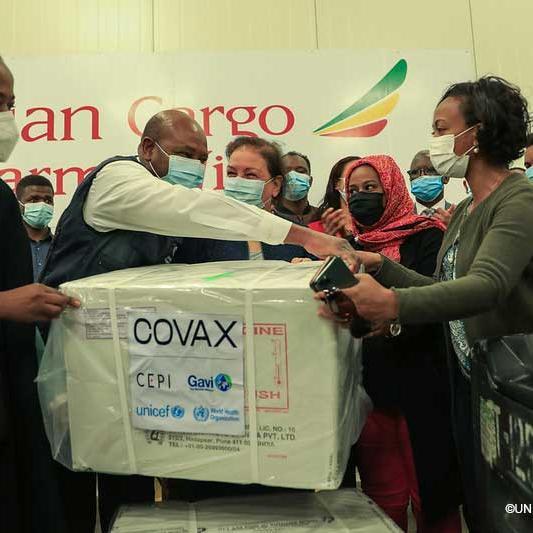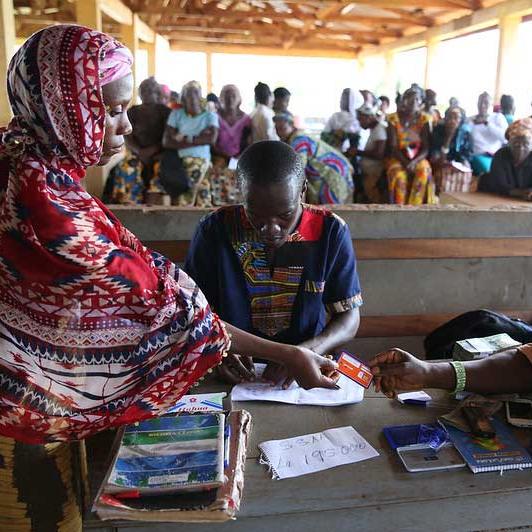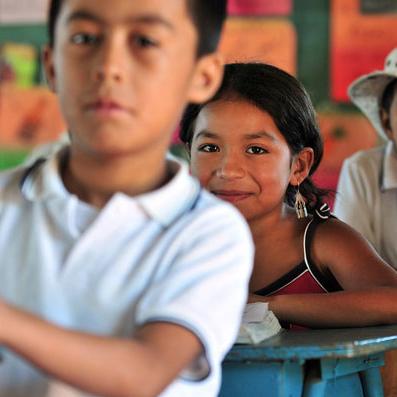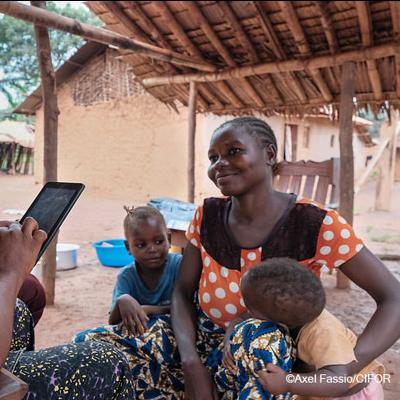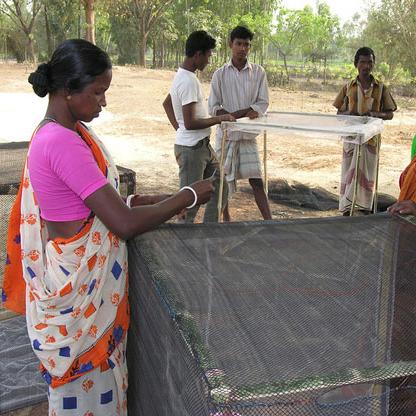Kirthi Rao

Designation: Former, Evidence Impact Specialist, 3ie
Kirthi was an Evidence impact specialist worked on evidence use and impact at 3ie’s Strategic Communication Office. Her work involved tracking and verifying the contributions of 3ie-supported research.
